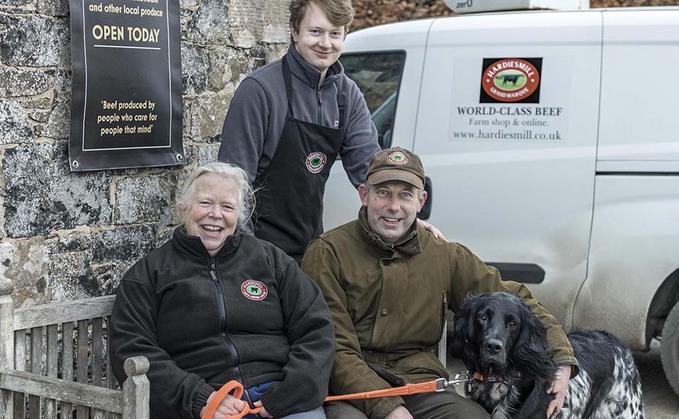
Returning to the family farm was never part of the plan for Alison Tuke, but along with her husband, Robin, they have continued the familys Aberdeen-Angus herd, and have made a successful business through...

Returning to the family farm was never part of the plan for Alison Tuke, but along with her husband, Robin, they have continued the familys Aberdeen-Angus herd, and have made a successful business through...